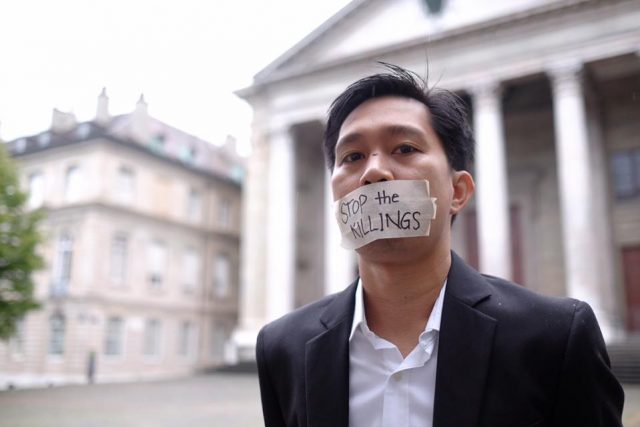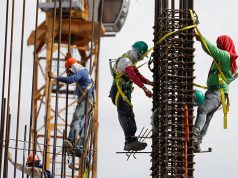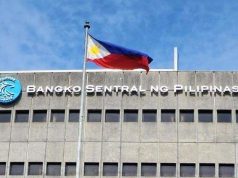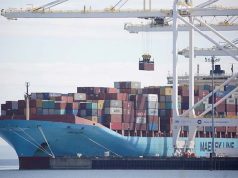
Socioeconomic Planning Secretary Ernesto Pernia reported Thursday that the Philippine economy grew by 6.5 percent in the second quarter of the year, and is on track toward meeting the full-year target growth of 6.5 to 7.5 percent.
But these results come on the heels of some of the deadliest days for alleged criminals and drug suspects, with 32 persons killed in a police sweep in Bulacan from Monday to Tuesday, and 25 more killed in Manila from Wednesday to Thursday.
Do these killings affect the Philippine economy’s performance at all?
Former Socioeconomic Planning Secretary Cielito Habito and Economics Professor Alvin Ang said that there was only speculation at this point.
At a forum organized by the Ateneo Center for Continuing Education on Thursday, the two experts said that the economy had been “on a roll”, with inflation at historical lows (2.8 percent in July 2017 from 9.3 percent in 2009); unemployment rate also down (from 5.6 percent in October 2015 to 4.7 percent in October 2016); and the GDP growth of 6.8 percent last year being the fastest in ASEAN and East Asia.
Poverty incidence in the Philippines had also seen the biggest drop in recent memory, said Habito, at 21.6 percent in 2015 from 26.6 percent in 2006.
“There’s general speculation that the so-called extrajudicial killings are affecting our goodwill with certain countries which are very particular about human rights,” Habito said. “I can name the European Union, for example, which is very prominent and very explicit in essentially requiring that human rights be upheld in its trading partners. So that is how it might conceivably affect things.”
“However, for as long as we are able to continue our economic linkages and convince our economic partners, especially in the private sector, that we are still worth investing in and our products are still worth buying, notwithstanding government policies or what’s happening in the rest of the government, then I think we can sustain the growth momentum that we have been seeing,” he continued.
Habito acknowledged that the way the Philippines was perceived could drive actual economic performance.
“As I said, the important thing is to look at the real situation, the real capacity of the economy to provide more products to markets abroad, the capacity of the economy to provide investment opportunities for investors abroad, especially in our major economic partners, so that we can sustain that growth momentum that we have been showing,” he said.
Moving forward, Habito urged the government to address high poverty rates and wide inequality, The income of the richest 20 percent of the population was 8.4 times that of the poorest 20 percent, he said.
The government must deliver on its “Build, build, build” infrastructure plan, ease trade and investment restrictions, and make regulators truly uphold public welfare.
To make development inclusive, there must be concerted promotion and support of micro, small, and medium enterprises, which are starved of financial assistance. He also advocated for making value chains inclusive – like how Jollibee sourced its onions from small farmers.
There must also be wider competition and investments in human development and social protection, such as the conditional cash transfer program.
Habito also emphasized the need to make food affordable and to feed the youngest children so they do not become stunted.







